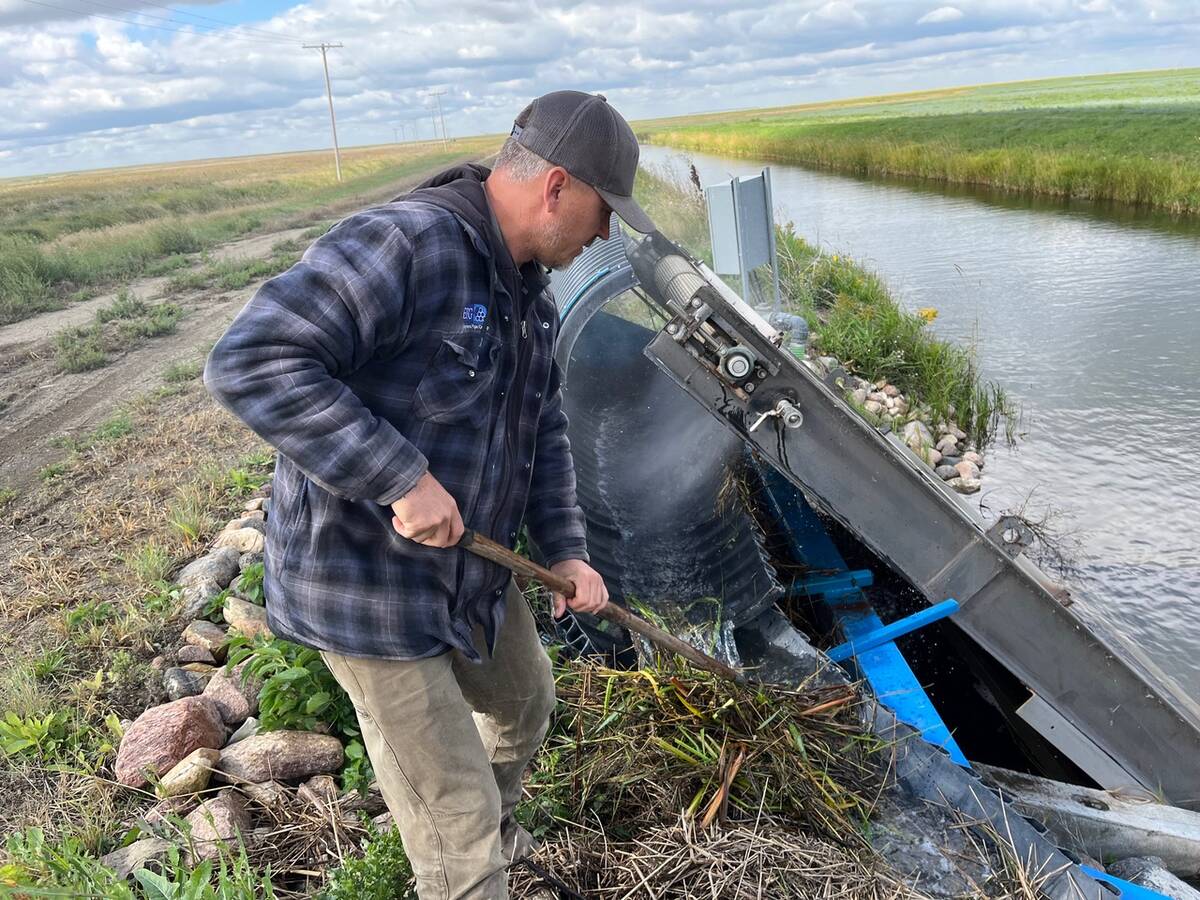Saskatchewan farmers are hoping for an Easter treat this spring.
Representatives of 22 provincial commodity groups and farm organizations met with parliamentary agriculture secretary Wayne Easter last week to discuss ways to prop up chronically depressed farm incomes.
They told the federal Liberal MP the first step is an immediate disaster assistance payment in time for spring seeding.
Terry Hildebrandt, president of the Agricultural Producers Association of Saskatchewan, is calling for a cash injection of $35-$40 per acre.
APAS is exploring the idea of doling out relief money based on a formula that compares the last three years of a producer’s eligible net sales with the previous five years.
Read Also

Saskatchewan farmer uses tile drainage to manage water
The integration of both irrigation and tile drainage results in higher yields, water efficiency, improved soils and less nutrient runoff, says one producer.
Neil Hardy, president of the Saskatchewan Association of Rural Municipalities, thinks producers should get a $40 per acre payment for voluntarily taking up to 30 percent of their land out of production. That would give a producer farming 2,000 acres an extra $24,000 to pay for chemical and fertilizer bills, he said.
The pleas for short-term aid were made during the Saskatchewan stop on Easter’s 12-day, cross-country tour to gather producer input on how farm incomes can be improved.
University of Saskatchewan agricultural economist Ken Rosaasen said if the meetings don’t lead to short-term relief, producers will lose faith in the initiative. But he remains confident and applauds federal agriculture minister Andy Mitchell for appointing Easter to develop a report that will be shared with provincial agriculture ministers in July.
“You probably couldn’t find a better individual,” he said.
That sentiment was shared by Saskatchewan farm leaders in attendance.
Hildebrandt thinks Easter may be the one person who can convince bureaucrats and fellow politicians that the root of the farm income problem is not drought, frost or BSE, but foreign subsidies.
“It is going to be in our face whether we’re feeding hogs or beef or want to build biodiesel or ethanol,” he said. “We need a government that understands that first and says, ‘OK, we’ve been wrong.’ “
Only then will Ottawa get to the root of the problem by agreeing to scrap ineffectual long-term aid programs like the Canadian Agricultural Income Stabilization program, said Hildebrandt.
But Easter said tampering with CAIS is not part of his mandate because the federal government has established a separate review process to do that. Instead of tinkering with aid programs he wants to explore new ways of getting more dollars from grain and livestock sales into farmers’ pockets.
Darryl Reynolds, president of the Saskatchewan Soil Conservation Association, said the federal government should pay farmers for the carbon they return to the soil by using practices like direct seeding and converting marginal land into forage or pasture.

















